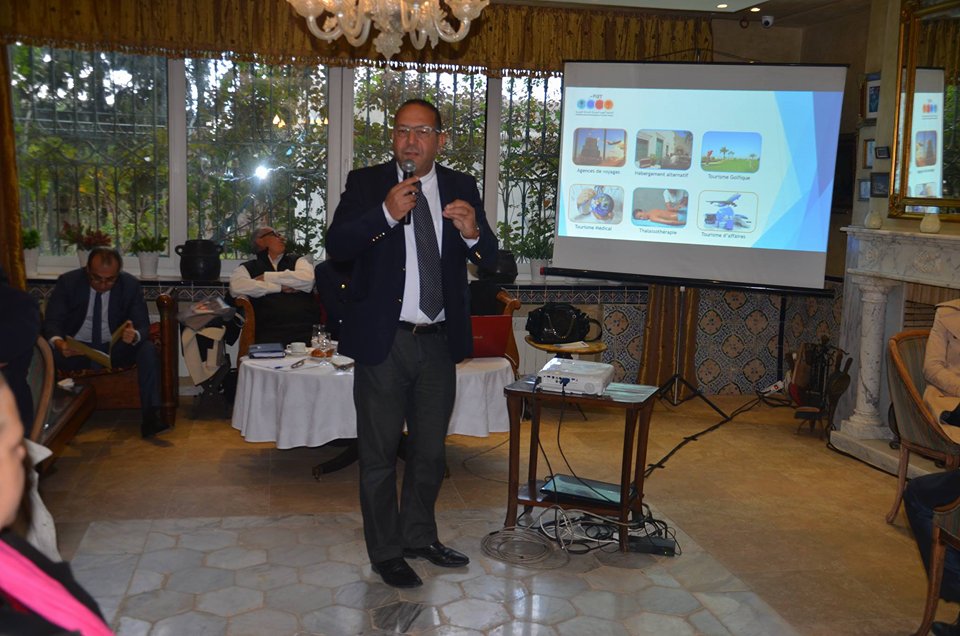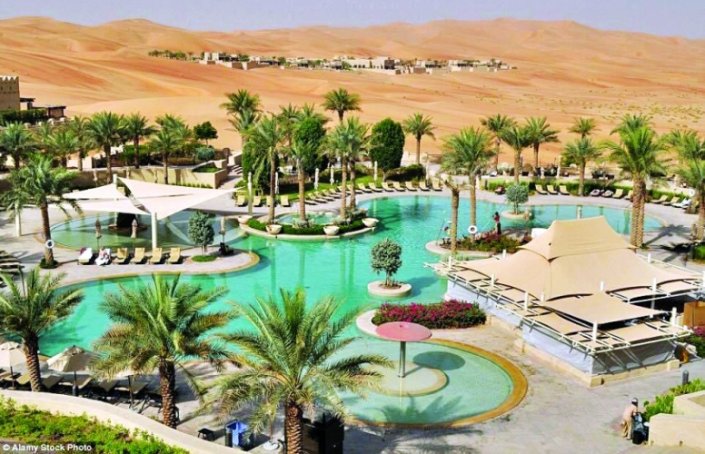U.S. Embassy Launches Ragma Brand to Boost Tunisian Artisan Exports

In a significant step towards boosting Tunisia’s artisanal sector and fostering sustainable economic growth, the U.S. Embassy-funded Collaborative Action for Handicraft Exports (ACEA) program officially launched its support for the creation of the “Ragma” collective brand in Toujen on November 7, 2024. The event was attended by key figures from the U.S. government, the National Office of Tunisian Handicrafts (ONAT), and local stakeholders. The $6.4 million project, implemented by FHI 360 in collaboration with the National Office of Tunisian Handicrafts (ONAT), aims to empower over 50 artisans from Toujen, a town in Tunisia’s southeastern mountains, by modernizing and expanding the global reach of their traditional weaving crafts.
The Ragma brand will not only serve as a symbol of quality and authenticity, but also as a catalyst for preserving the ancient Amazigh weaving heritage that has been passed down through generations. The project brings together a diverse group of artisans united by a shared mission: to expand their markets, preserve their cultural heritage, and contribute to the region’s economic prosperity
Supporting Tradition, Driving Innovation
At the heart of the initiative is the Ragma Economic Interest Group (EIG), which will form the foundation of the new collective brand. This group’s artisans will receive resources to modernize their techniques, develop contemporary designs, and expand their market reach, ensuring their products retain the authenticity and craftsmanship that have made Tunisian handicrafts renowned worldwide
« The PACEA project is aimed at boosting Tunisian craftsmanship by improving access to both national and international markets, » said Mr. Zied Dekhil, representative of the National Office of Tunisian Handicrafts (ONAT), at the launch of the Ragma brand. « By uniting artisans through a clustering system, we can improve product quality and foster collaboration », added Dekhil
In addition to weaving, the ACEA project supports other artisanal sectors, such as essential oils, pottery, and olivewood, to promote economic diversification and resilience. Recent showcases at international events, like New York Now Summer 2024, have helped introduce Tunisian craftsmanship to a broader global audience
A Vision for the Future
The participants celebrated the potential of the Ragma brand to drive economic opportunities while preserving a vital cultural legacy. This collaborative approach highlights the long-standing partnership between the U.S. Embassy and Tunisia, which has consistently worked to support local industries and empower artisans through skill development, market access, and sustainability initiatives
The establishment of the Ragma collective brand is poised to have a lasting impact on the Toujen region by increasing the region’s economic resilience, creating jobs, and promoting the region’s rich cultural heritage. With an emphasis on environmental sustainability, the project also aligns with broader global trends towards responsible production and consumption, ensuring that the artisans’ work remains in demand for generations to come
In addition to supporting local economies, ACEA’s initiatives offer a unique opportunity for global consumers to engage with products that carry with them a deep cultural significance, craftsmanship, and a commitment to sustainability
A Model for Sustainable Development
The Ragma project is a prime example of how strategic partnerships between governments, international organizations, and local communities can drive sustainable development while preserving cultural heritage. As the collective brand gains recognition, it is expected to play a vital role in helping Tunisia’s artisans adapt to modern market demands while keeping their traditional techniques alive
With the backing of the U.S. Embassy and ONAT, the Ragma brand is set to become a model for other artisanal initiatives around the world, demonstrating the power of shared identity, sustainable practices, and international collaboration in supporting artisan communities
By fostering a stronger connection between Tunisia’s rich cultural traditions and global markets, the ACEA project is not just creating economic opportunities—it is ensuring that Tunisia’s artisanal legacy continues to thrive on the world stage for years to come
Malek Chouchi




